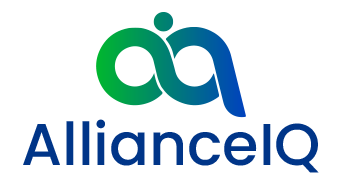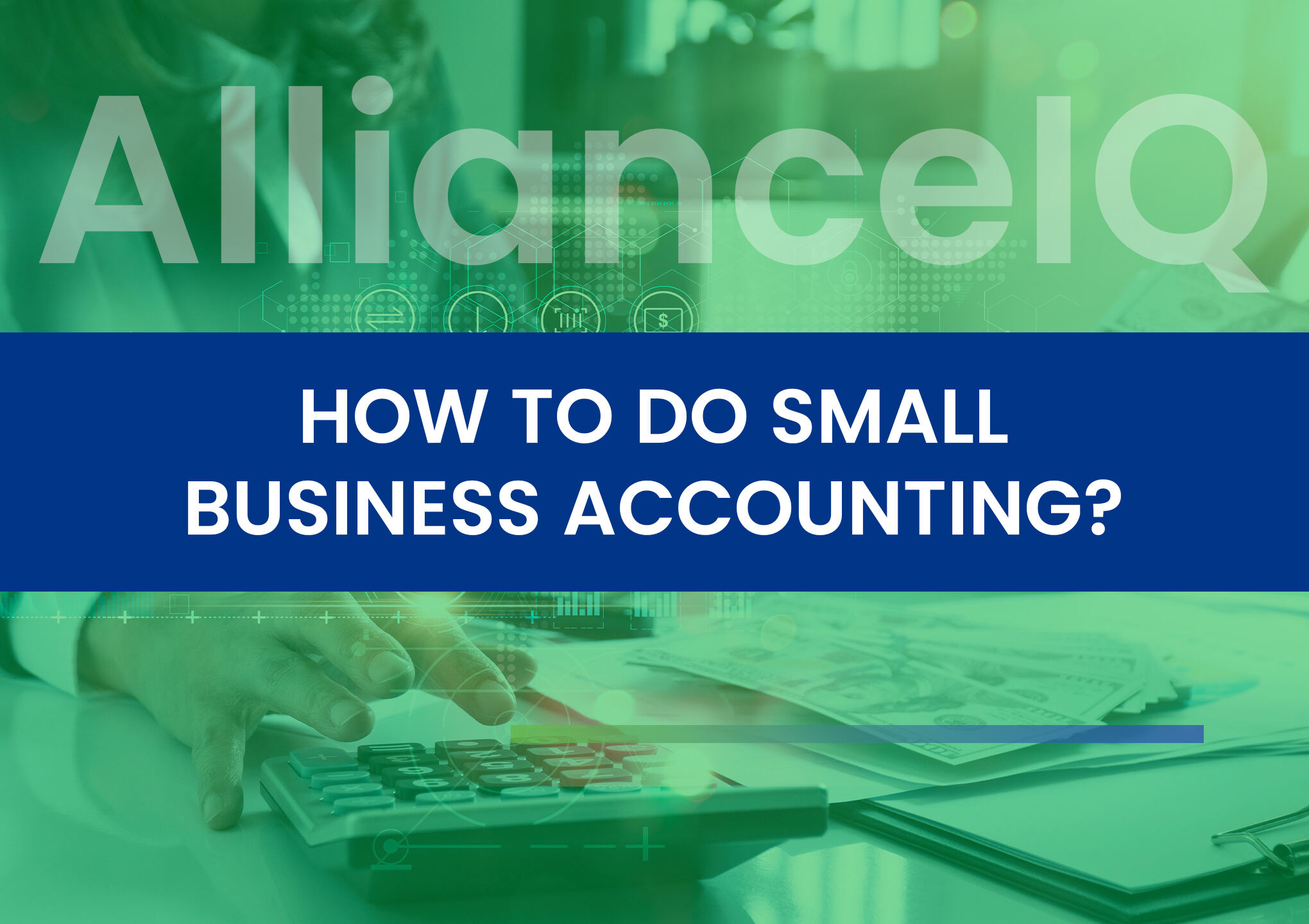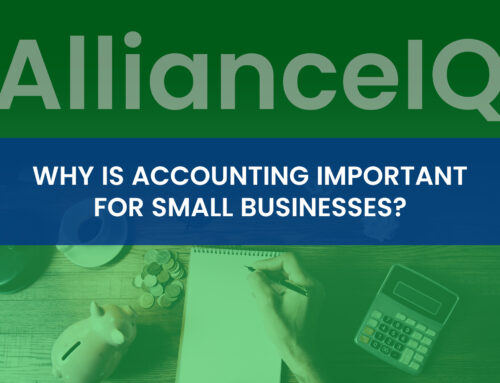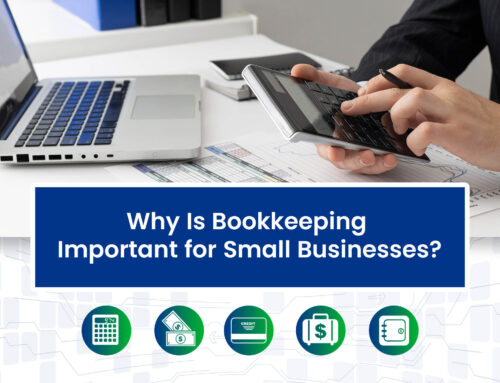Accounting’s function in the shifting environment of entrepreneurship is critical to the success of any small business. Small business entrepreneurs must negotiate financial complexities, make informed decisions, and maintain tax compliance. This blog will delve into the subject of “How To Do Small Business Accounting,” revealing vital tactics and tips for properly managing your financial affairs.
Understanding the Essence of Small Business Accounting:
Small Business Accounting is the meticulous process of recording, analyzing, and interpreting financial transactions within your business. It serves as the foundation for informed decision-making and ensures that you maintain a clear financial picture of your operations. When executed efficiently, it can offer you valuable insights into your business’s profitability, liquidity, and overall financial health.
The Significance of Accurate Small Business Accounting:
Accurate small business accounting is vital for several reasons:
- Financial Clarity: It provides you with a clear overview of your business’s financial health, enabling you to make informed decisions.
- Tax Compliance: Proper accounting ensures you are adhering to tax regulations and helps in avoiding penalties and legal hassles.
- Investor and Lender Confidence: Potential investors and lenders often require financial statements before investing or lending to your business.
- Operational Efficiency: Accounting streamlines your financial operations, reducing the risk of errors and inefficiencies.
Small Business Accounting Services:
While some business owners may choose to handle their accounting in-house, many opt for professional Small Business Accounting Services to ensure accuracy, compliance, and efficiency. These services offer a range of benefits:
- Expertise: Small business accountants are well-versed in accounting principles and tax regulations, ensuring that your finances are managed in accordance with the law.
- Time-saving: Outsourcing your accounting allows you to focus on your core business activities and reduce the time spent on financial management.
- Reduced Errors: Professionals are less likely to make accounting errors, which can lead to costly mistakes if left unchecked.
- Strategic Advice: Accountants can provide valuable insights and financial guidance to help your business thrive.
Getting Started with Small Business Accounting:
Now, let’s dive into some key steps to get started with Small Business Accounting:
-
Choose the Right Accounting Method
There are two primary accounting methods: cash basis and accrual basis. The choice between them depends on the nature of your business and your financial goals. The cash basis records transactions when money changes hands, while the accrual basis records transactions when they occur. Select the one that aligns with your business model and offers a more accurate representation of your financial status.
-
Maintain Detailed Financial Records
Accurate record-keeping is the cornerstone of small business accounting. Keep detailed records of all financial transactions, including sales, expenses, invoices, and receipts. Modern accounting software can simplify this process, making it easier to track and categorize transactions.
-
Create a Chart of Accounts
A Chart of Accounts is a categorized list of all your financial accounts, such as assets, liabilities, income, and expenses. This organized structure helps in tracking transactions and generating financial statements.
-
Regularly Reconcile Bank Statements
Reconciling your bank statements ensures that your recorded transactions match those in your bank account. Any discrepancies can be identified and resolved promptly.
-
Prepare Financial Statements
Financial statements are essential for gauging your business’s financial health. The key statements to prepare include the Income Statement (Profit and Loss), Balance Sheet, and Cash Flow Statement. These documents provide an overview of your revenues, expenses, assets, liabilities, and cash flows.
-
Stay Compliant with Taxes
Small businesses are subject to various tax obligations, including income tax, sales tax, and payroll tax. Staying compliant with tax laws is crucial to avoid penalties and legal issues. Regularly update your tax records and consult with a tax professional to ensure you meet all your obligations.
-
Invest in Accounting Software
Modern accounting software can significantly simplify the accounting process. These tools help automate tasks, track financial data, and generate reports with ease. Many accounting software options are available, so choose one that suits your business’s needs.
-
Seek Professional Assistance
As your business grows, the complexity of your accounting needs may also increase. It’s advisable to seek the services of a professional accountant or Small Business Accounting Services provider to ensure accurate and compliant financial management.
Advanced Strategies for Small Business Accounting
For those seeking to take their small business accounting to the next level, consider implementing these advanced strategies:
-
Budgeting and Forecasting
Create a comprehensive budget to project your future expenses and revenues. This can help you make informed decisions and allocate resources effectively.
-
Inventory Management
Implement efficient inventory management techniques to reduce carrying costs and improve cash flow. Regularly update your inventory records to track stock levels and ensure you meet customer demands.
-
Cost Analysis
Conduct a detailed cost analysis to identify areas where you can cut expenses and increase profitability. This includes analyzing both direct and indirect costs.
-
Internal Controls
Establish strong internal controls to prevent fraud and errors. This includes segregating duties, conducting regular audits, and maintaining a clear chain of approval for financial transactions.
-
Financial Reports and Key Performance Indicators (KPIs)
Generate financial reports and KPIs that provide insights into your business’s performance. This can help you identify trends, set goals, and make data-driven decisions.
Conclusion
Now You Know More about How To Do Small Business Accounting, Mastering Small Business Accounting is a journey that requires dedication and attention to detail. Whether you choose to handle your accounting in-house or opt for professional Small Business Accounting Services, the key is to ensure accuracy, compliance, and financial transparency. By following the steps and strategies outlined in this guide, you can navigate the financial intricacies of entrepreneurship and pave the way for the success of your small business. Remember, an investment in effective accounting is an investment in the future of your business. Unlock the secrets of efficient small business accounting with AllianceIQ








